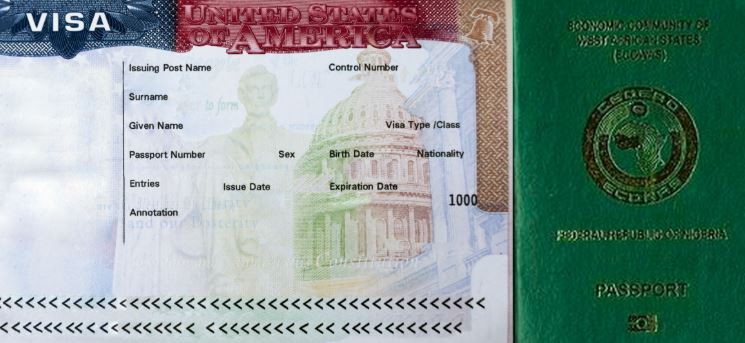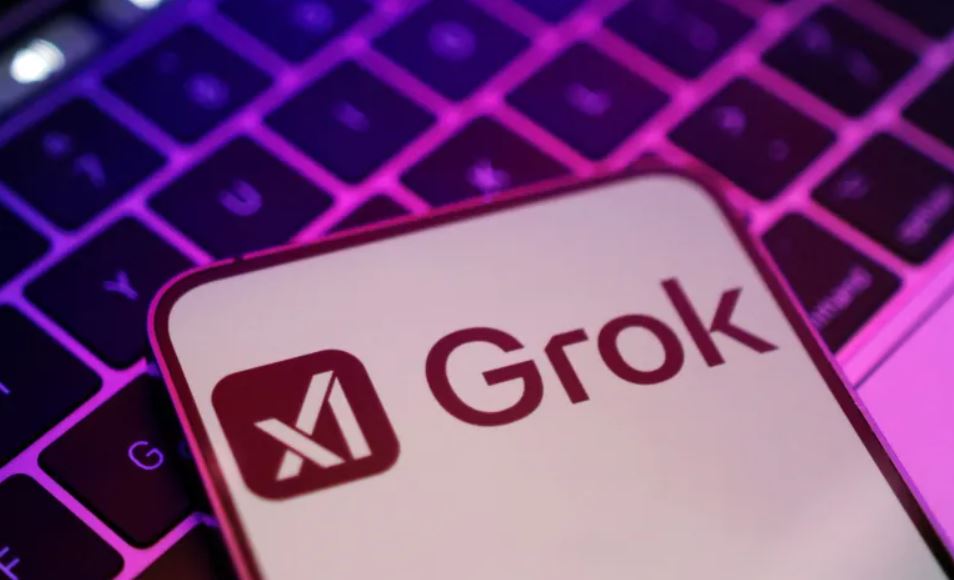The US Embassy in Nigeria has announced stiffer and stricter visa application processes for Nigerians.
The embassy said in a statement on Tuesday that henceforth, all applicants including frequent travellers who used to use the drop box method would now have to appear for interviews each time they applied.
It, however, said diplomatic and government officials could continue to enjoy the status quo.
The statement read, “Effective at the close of business today, Tuesday, May 14, 2019, the US Mission to Nigeria is indefinitely suspending interview waivers for renewals, otherwise known as the ‘Dropbox’ process.
“Visa applications will no longer be accepted by DHL in Nigeria. Those who have already submitted their passports via Dropbox to DHL for processing either at the US Embassy in Abuja or the Consulate General in Lagos, will not be impacted by this change.
“All applicants in Nigeria seeking a non-immigrant visa to the United States must apply online and will be required to appear in person at the US Embassy in Abuja or US Consulate General in Lagos to submit their application for review. Applicants must appear at the location they specified when applying for the visa renewal.
“Processing of diplomatic and official (A, G, and NATO class) visa applications will continue unchanged.”
It said the Mission’s Nigeria’s processing procedures are regularly reviewed in order to “assess our ability to quickly, efficiently, and securely process visa applications”.
The US embassy said it was taking this step to provide more efficient customer service and promote legitimate travel and will continue to facilitate applications of established travellers to the best of its ability.
The US embassy in Nigeria has come under intense criticism in recent time for its high rate of visa refusal of Nigerians especially those applying for student visas.
Although the embassy claims it is not happy denying Nigerians visas, The PUNCH had reported last year how the US denies hundreds of Nigerians visas on a daily basis and how the embassy generates N57m from Nigerians daily.
Following the report, the House of Representatives launched a probe into the matter in late 2018 but it was later cancelled.






















